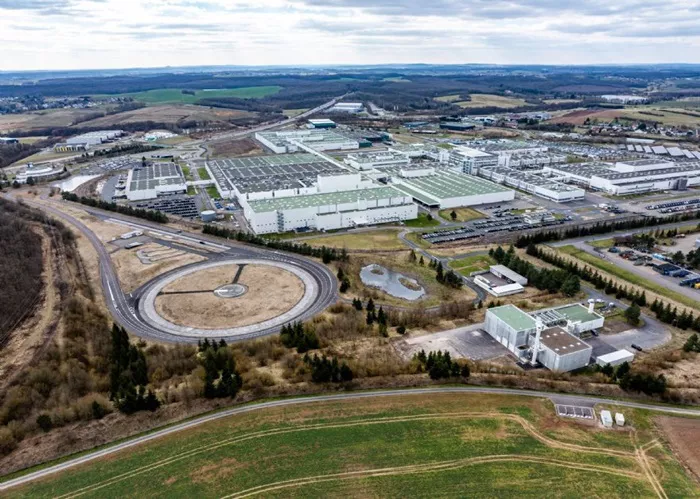INEOS Automotive has launched a new 15-million-euro biomass heat plant at its Hambach production and assembly site. The plant, with a 9.2MW output, will use up to 14,000 tonnes of locally sourced, sustainable woodchips each year to meet 78% of the facility’s heating needs.
Since 2019, INEOS Automotive has invested more than half a billion euros into the Hambach site. Notable upgrades over the past five years include a fully automated bodyshop, a semi-automated paintshop, a quality inspection laboratory, and a water ingress testing pool. These improvements have expanded the plant’s usable area by over 60%, increasing its heating requirements significantly.
The new biomass facility consists of two boilers with a combined thermal output of 8.4MW, linked to an 800kW heat pump. Together, they will cover more than three-quarters of the site’s heating demand, with a gas boiler handling the remaining portion. This shift to biomass is expected to reduce the plant’s CO2 emissions by approximately 8,800 tonnes annually. The waste ash from the process will be recycled locally as an enriched fertilizer, benefiting the agricultural sector.
A Commitment to Sustainability
Lynn Calder, CEO of INEOS Automotive, expressed pride in the company’s ongoing investment in Hambach. “Our investment ensures that our Grenadier and Quartermaster models are produced to world-class standards in an environmentally sustainable factory. We are proud of the advanced facilities and exceptional workforce that make this one of Europe’s most advanced automotive production sites.”
Philippe Steyer, president of INEOS Automotive SAS, added, “The new biomass plant is part of our ongoing efforts to improve sustainability at Hambach. As the site continues to grow, increasing our sustainable energy capacity was essential.”
The Hambach Energy Transition project, a significant part of these sustainability efforts, also received support from France’s ADEME (Agency for Environment & Energy Management), which provided a 3.9-million-euro grant. Additionally, an agreement with Dalkia has secured up to 1.5 million euros in funding for the project.

